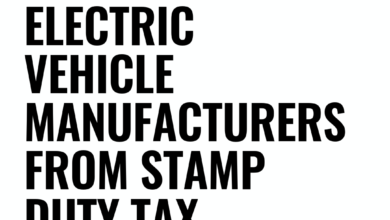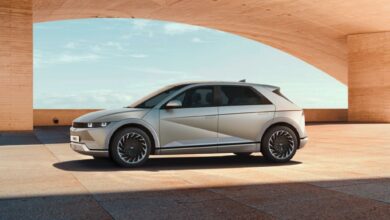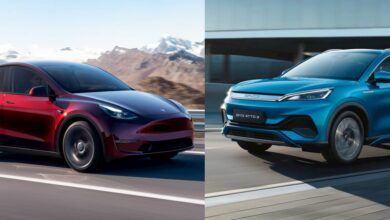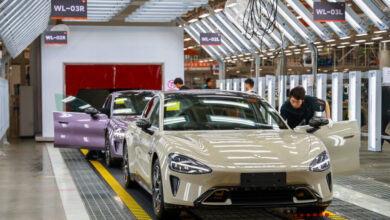this new fuel is futuristic and experts can’t explain it
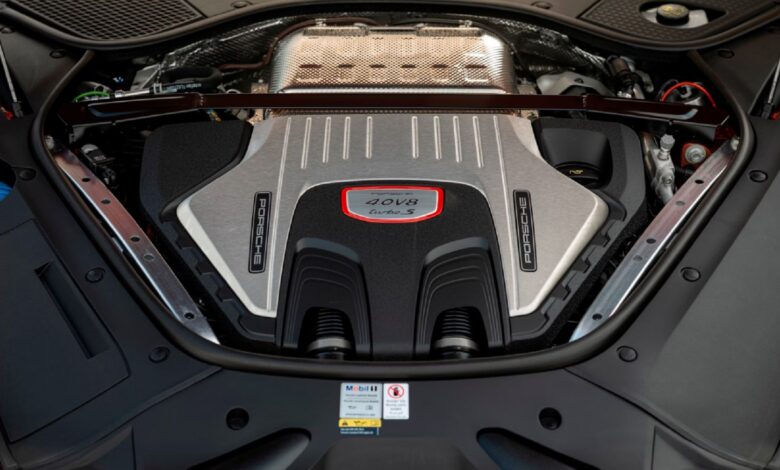
A legendary brand has just set a historic milestone that puts Tesla in check and sets a complicated precedent for the others. This could be the end of EVs, with the new fuel that is neither American nor German and is so futuristic that experts can’t explain it. It’s zero emissions and boasts such staggering savings potential that gas stations are worried.
This new fuel will revolutionize the roads, but not in the U.S.
Porsche is a high-end or luxury sports car brand which has gained attention of people from different parts of the world. As a German automobile manufacturer that produces some of the finest luxury performance vehicles including the 911 model and the Cayenne SUV, Porsche is also one of the leading innovators in the EVs.
With this background in EV innovation, it may come as a surprise that Porsche is now looking beyond batteries and exploring a futuristic new fuel. Hydrogen is one of the most innovative fuel with immense potential for being utilized in the immediate future due to its abundance on the surface of Earth.
From a recent press release, the company is looking toward to test hydrogen fuel cell prototypes. So why is this legendary EV brand that has quickly earned a priceless reputation for engineering excellence and start-up gutsiness, deciding to suddenly turn its back on its core competence and go after this new proposal.
Goodbye to Porsche EVs: Why are they considering a new, innovative fuel
Another tip regarding innovation is that Porsche has been a pioneer in EVs or what it calls sustained electric cars and its Taycan model deliver a strong performance and zero emissions. Nevertheless, the main problem is that battery-electric vehicles have constraints that facilitate Porsche to look at hydrogen fuel cells also.
The range of a battery-electric vehicle is easily defined by the available energy density within today’s known chemistries. Unfortunately, EV range is far from what drivers expect, despite the overall improvement in electric vehicles that stand in front of internal combustion engine vehicles.
Recharging also takes far longer than refueling at a service station, which can be accomplished within a couple of hours at a charging station. These range and refueling limitations render battery-electric vehicles undesirable to many consumers, including those that want to go longer distances.
In this respect, hydrogen fuel cell vehicles work to resolve such challenges. They generate electricity onboard through a process of converting hydrogen to electricity thus no worries of having limited capability for the car to cover. Hydrogen can be recharged in a few minutes like in the case of a conventional car being gased with petrol.
This is the first hydrogen engine by Porsche: an unprecedented concept
Porsche builds a Panamera sedan-based hydrogen fuel cell prototype car that proves the German automaker is serious about the emissions reducing technology. Introduced in 2017, it is based on the Panamera’s platform and shares its body with the vehicle; however, it has electric drivetrain powered by hydrogen fuel cells.
The fuel cell setup delivers about 160 kW (215 hp) of continuous power output to the W vocational truck. This, in turn, enables the four-door-sedan to shift from standstill to a speed of 100 km per hour within ten seconds and has a declared top speed of 180 km per hour.
Hydrogen storage tanks and fuel cell system are bulky and place a sizable dent on cargo storage, particularly when compared to what you get in the standard Panamera. Overall size and general appearance remain very close between the two cars and this can be seen by making a direct comparison.
Imagine never refueling gasoline or charging EVs again with this latest Posrche strategy. Its latest hydrogen engine is here to stay on the road, but also to take energy efficiency to a new high and reduce engine wear. In fact, it is rivaling even European prototypes, such as the one from AVL Racetech that we showed you a few weeks ago. Don´t you remember?
